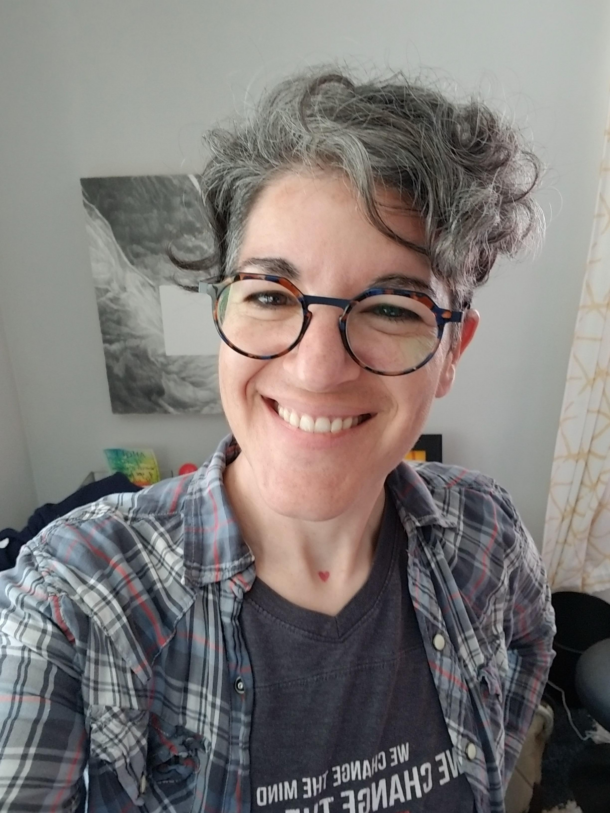This was my first contribution to the online magazine, BIZCATALYST 360. Read the original post here.
Safe words are a tool used by people who enjoy play-acting danger. In such scenarios, words like no, stop, or help might just be a part of the scene as the naughty butler tries to evade the licentious baroness (or what have you).
And so a duo needs a safe word, something that wouldn’t naturally occur in such a scenario. For example, a naughty butler is unlikely to randomly shout, “Pineapple!” but a person who just got slapped too hard most certainly would, if it was their safe word.
At that point, all play stops. I would imagine a debrief would be helpful, too – what went too far? How could the scene be safer in the future? Is any repair needed between the two? This is one of the ways trust is built and maintained among duos who enjoy this kind of dangerous make-believe.
Also dangerous, though in a very different way, are all the rest of the iterations of interpersonal relationships. Outside of the role play, the danger lives in the emotional vulnerability of the connection, the way the more we open ourselves to emotionally-intimate connection, the more we inevitably also open ourselves to painful fissures in those connections.
Recently, I was talking with a friend of indigenous Hawaiian lineage who also lives in Hawaii. People had been reaching out to her about the Maui fires, intending to be solicitous and kind. Statements like, “But you don’t live on that island, do you?” only added to her emotional strain, though, as she navigated how to respond to these texts on top of her grief around the fires.
As she shared this with me, she also shared that in the wake of George Floyd’s murder, as she reached out to Black friends in Minnesota (where she then lived), that she received back some texts that suggested that they were feeling that same kind of exhaustion, as if to say, “I recognize you’re attempting kindness but really you’re adding to the emotional burden for me.”
I recall feeling a related form of conflict when George Floyd was murdered. Do I reach out or is that part of the performance of being a Good White Person? I did reach out some; some folks responded with moments of connection with me and some chose not to respond at all, presumably as each individual navigated their unique relationship with the moment and my outreach.
The day after my conversation with my Hawaiian friend, I sent a text with the suggestion of a safe word.
She loved the idea as much as I did… and it’s inherently flawed. Here’s the problem:
In the role play, the licentious baroness-player has to be fully willing to own her responsibility in the scene. If she hears “Pineapple*!” she has to be willing to stop immediately and own her over-exuberance.
This might be hard for her. Really hard.
She might be wrapped up in thinking she’s great at this kind of role play, or embarrassed that she got swept up in the moment, or feel shame that she was taken to task when she was intending to create something fun and sexy.
Her job – what allows the relationship to move forward – is to take responsibility and be willing to regroup with the naughty butler with openness and curiosity.
If she instead protests, “I didn’t hit you too hard!” or, worse yet, “I didn’t mean to hit you too hard!” she’s breaking the trust that allowed for the setup in the first place.
I say this to all of my fellow white folks who are reading: Same, same.
If you are a white person who cares about making positive world change on the interpersonal front, it starts with being willing to be uncomfortable. That means being committed to owning your own responsibility so that you can bring openness and curiosity instead of staying in defensiveness or embarrassment or shame.
To recognize the problematic and long-standing racial dynamics in America is an important start. And it’s only that: a start. Awareness doesn’t make a person a Good White Person.
Truthfully, there is no such thing, not with the implications of having crossed a finish-line of awareness, introspection, and full responsibility.
Instead, there is only continual learning…
…ever-expanding curiosity…
…and practicing managing our reactions so that we can be in it with the people we care about.
So! Ask your friends if they, too, would like what my friend and I now call a White Lady Safe Word… but be sure you’re up to owning your role in it first.
Be the best licentious baroness you can be, friend.
* I asked my friend to read this and give her edits and/or blessing and/or veto. That’s when she told me that “pineapple” – a word I chose with intention to be as random a word as possible and thus fit the bill for a solid safe word – has actually been historically used as a slur against native Hawaiians by colonizers. Happily, she found this coincidence mighty amusing.
